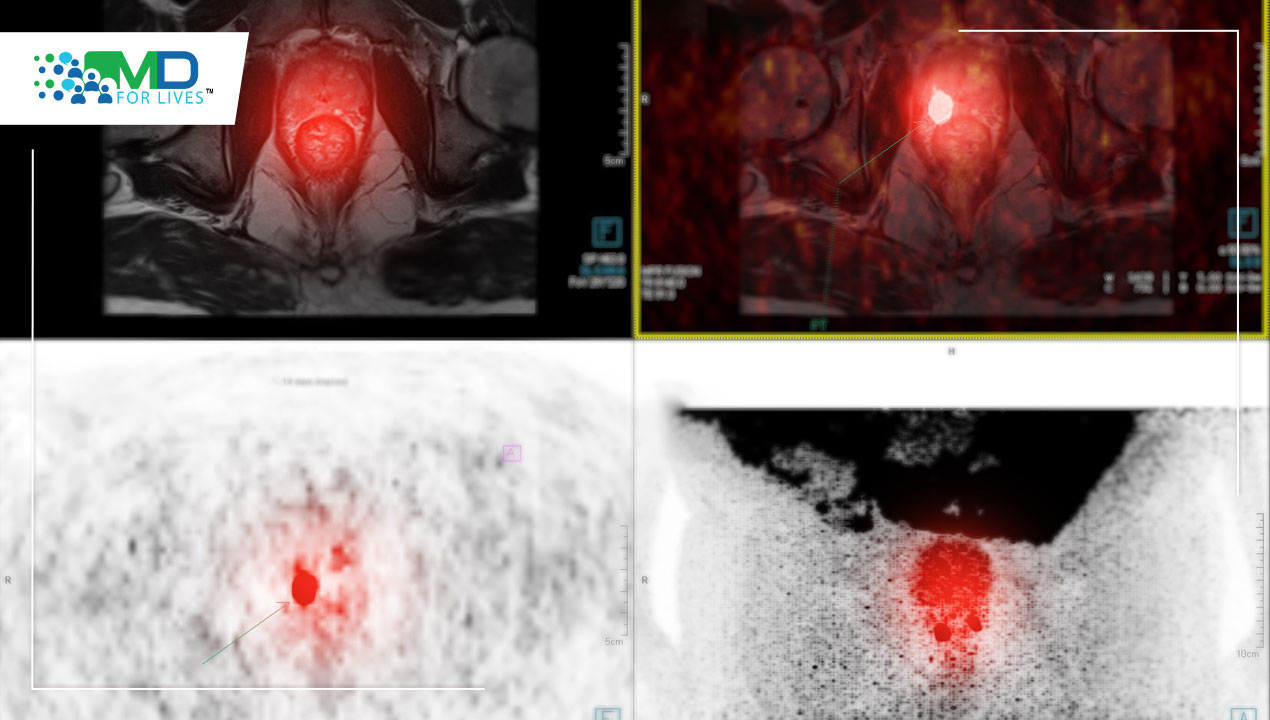Adult patients with recurrent epithelial ovarian, fallopian tube or primary peritoneal cancer who have responded completely or partially to platinum-based therapy can now continue the maintenance therapy with new drug Zejula (niraparib) according to the FDA. [1] This approval has come based on findings from phase 3 NOVA trial results, which have been published in the The New England Journal of Medicine in December 2016. [2]
What is niraparib?
Niraparib is a poly ADP-ribose polymerase inhibitor that blocks the enzyme which normally repairs damaged DNA. This leads to the damaged DNA in the cancerous cell less likely to be repaired, causing cell death and regression of the tumor. This drug offers a novel treatment, which can delay the growth of these tumors irrespective of whether they have had any specific genetic mutation.[3]
Status of these types of cancers
According to statistics, more than 22,000 women will be diagnosed with this cancer in 2017 and nearly 14,000 will die due to this.[1]
Maintenance therapy is a vital component of cancer treatment, especially in patients who have responded well to primary treatment.
Results of NOVA trial
A randomized trial of 553 patients [3] was conducted to understand the efficiency and safety of this drug. Patients with epithelial ovarian, fallopian tube or primary peritoneal cancer who had undergone at least two or more prior treatments of platinum-based therapy and exhibited a complete or partial response to their most recent therapy were selected.[3]
These patients were tested with a specific FDA-approved test to see whether they had a specific gene mutation called delirious or germline BRCA mutation.
In this trial, the duration for which tumor growth was not seen after the initiation of therapy was recorded. [3]
Results
The median progression-free duration for patients taking niraparib who had a germline mutation was 21 months in comparison to 5 months for the population on placebo with the same type of mutation.[3]
Similarly, the median progression-free duration for patients who took niraparib and had BRCA mutation was 9.3 months in comparison to the population who took placebo.
Side effects of niraparib
- Anemia
- Thrombocytopenia
- Leucopenia
- Nausea
- Constipation
- Heart palpitations
- Diarrhea
- Dyspepsia
- Dry mouth
- Urinary tract infection
- Headache
- Dizziness
- Rash
- Myalgia
- Insomnia
- Anxiety
- Back pain
- Dyspnoea
- Cough
- Hypertension
In this trial, grade 3-4 hypertension occurred in 9% of patients in the niraparib group compared to 2% of patients receiving the placebo.[4]
Common risks associated with niraparib
- Hypertension
- Hypertensive crisis
- Myelodysplastic syndrome
- Acute myeloid leukemia
- Bone marrow suppression
Women who are pregnant or breastfeeding should not take niraparib as this drug can harm the developing fetus or baby. This novel treatment has been granted the Fast Track, Priority Review, and Breakthrough Therapy recognitions. These designations have given encouragement to develop drugs for rare diseases.[1]
Credit: Dr. Rachita on behalf of Borderless Access
Copyright © 2017 BorderlessAccess
References:
- FDA approves maintenance treatment for recurrent epithelial ovarian, fallopian tube or primary peritoneal cancers. U.S. F.D.A. News release. March 27, 2017
- Mirza MR, Monk BJ, Herrstedt J, et al. Niraparib maintenance therapy in platinum-sensitive, recurrent ovarian cancer. N Engl J Med
- Niraparib (ZEJULA) [news release]. Silver Spring, MD: U.S. Food and Drug Administration; March 27, 2017
- www.accessdata.fda.gov/drugsatfda_docs/label/2017/208447lbl.pdf





